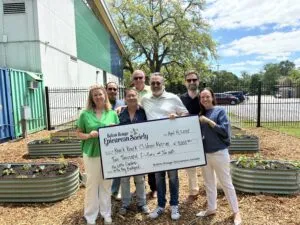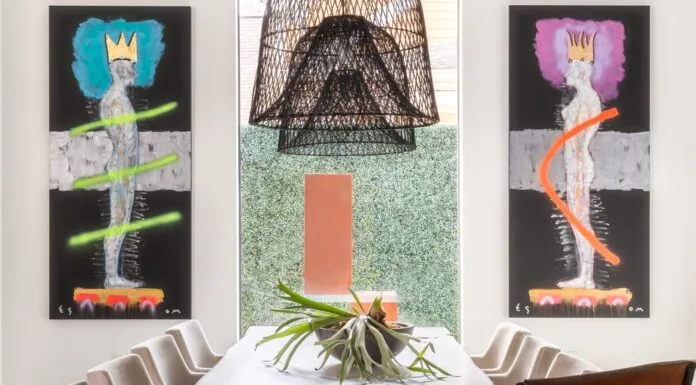
What is perimenopause? Learn more from a local doctor
We’re all familiar with the term menopause, but what about perimenopause?
“It sucks to be a woman,” Dr. Gunjan Raina says with a laugh, explaining the inevitable process of perimenopause and menopause that every woman will go through in their lifetime.
While menopause is defined by not having a period for one calendar year, with the average age being 51, perimenopause is the natural transition into menopause that can begin in your mid-thirties and last up to 10 years.
“The symptoms are so vast,” she says, rattling off the extensive list, including fatigue, anxiety, brain fog, hair loss, frequent bladder infections and joint pain, among others. “The reason there’s such a range of symptoms is because we have estrogen receptors everywhere in our body, and if you have ovaries, your estrogen levels will drop and you will go through menopause.”
Raina explains that this wasn’t previously taught in medical school, and that many women have been suffering because of the lack of knowledge. “That’s why it’s so important for everyone to learn more about this,” she says. “Even men, because it’s going to affect someone in your household.”
Celebrities, big media outlets and doctors like Raina are shining a light on the suffering that women are enduring in this stage of life. Last month, Oprah Winfrey hosted “The Menopause Revolution,” a television special with medical experts and advocates who spoke out about being misdiagnosed.
“We hear the term ‘whining woman,’ but we need to understand that these women are complaining for a reason,” Raina says. “Husbands will come in with their wives because they want to understand and be helpful.”
So how do we manage perimenopause? Simple. “Just like any other disease process, you go to the doctor and get help,” Raina says. “It’s important to find someone who will listen to you, because this can be treated with hormones.”
Medicine is ever evolving, and education is empowering. Raina recommends doing your own research to become more versed on the topic and sharing your knowledge with others. Women are in this together, and its time to come together and stop suffering in silence.











